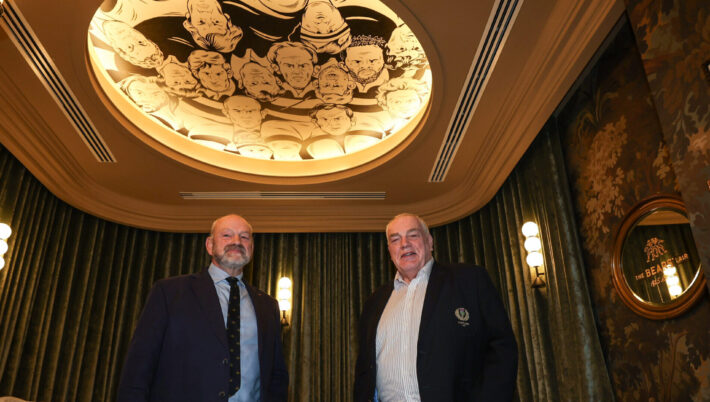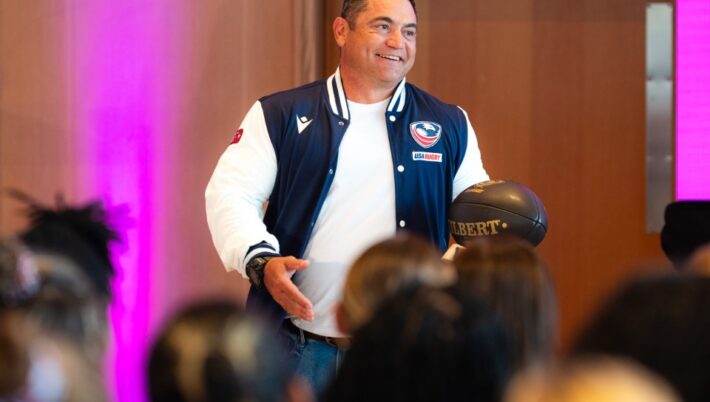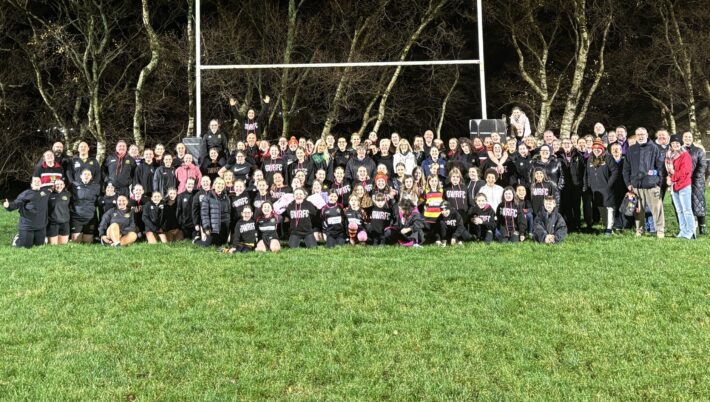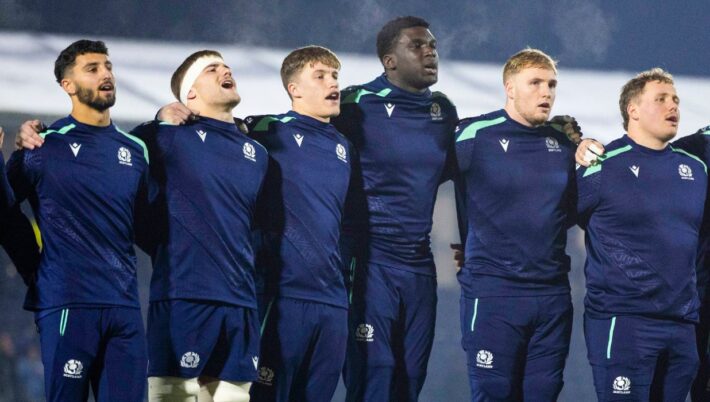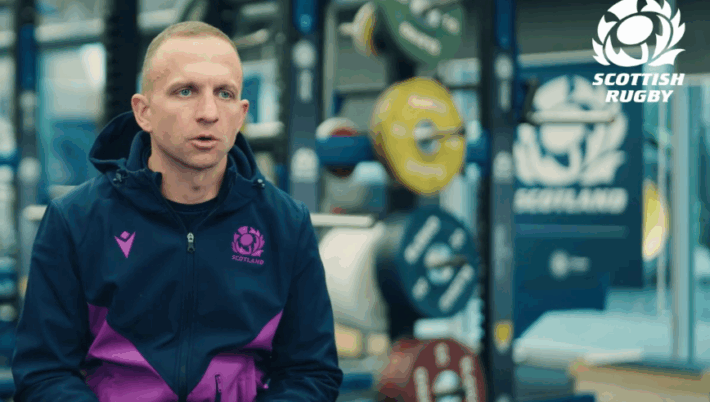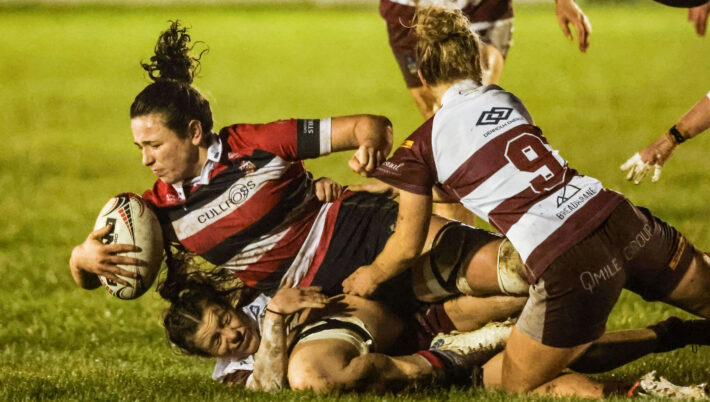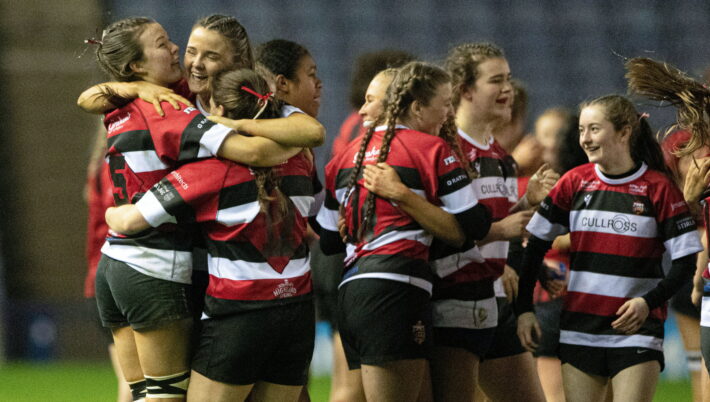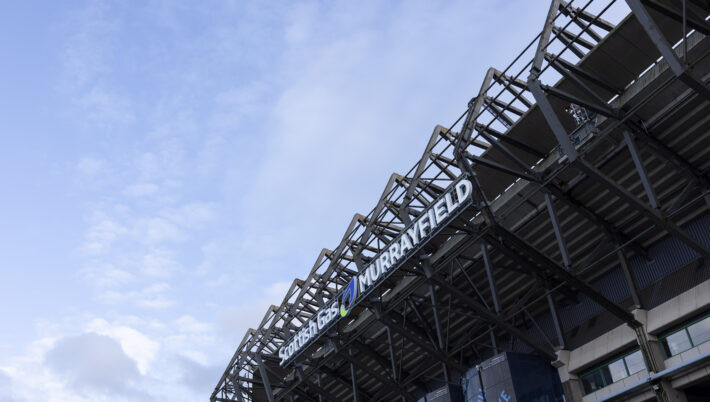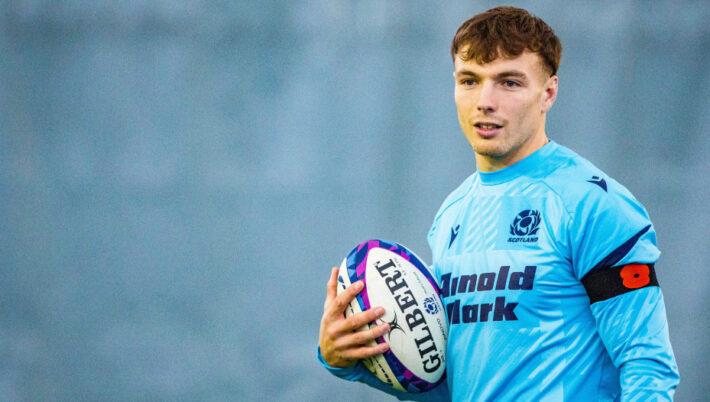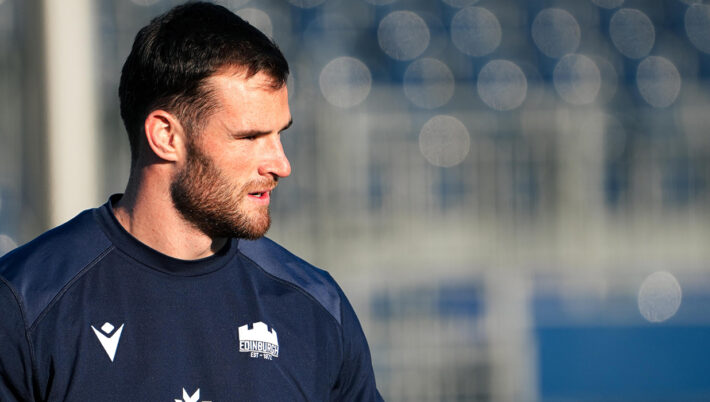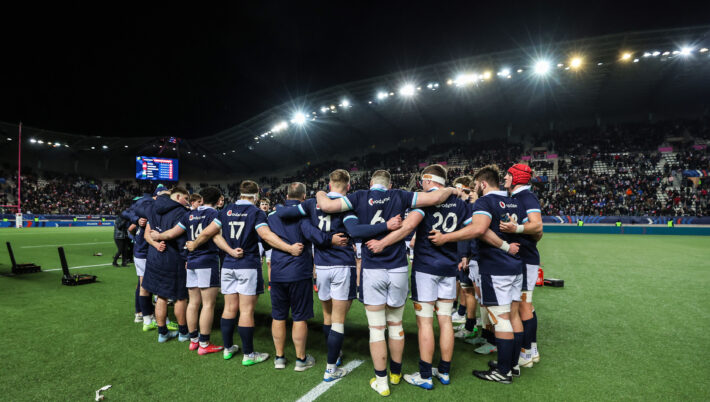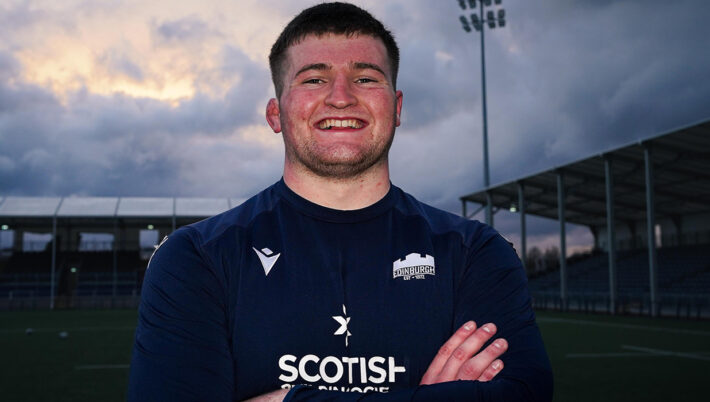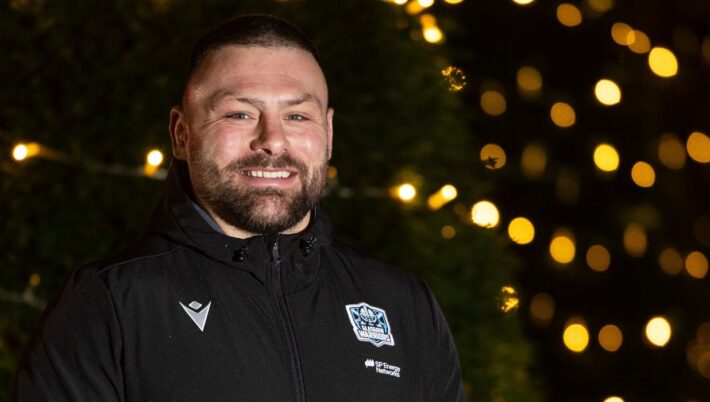Recent events have highlighted the need for the general public and those in professional sport continue to adhere to guidelines set out by the Scottish Government in order to get sport back at all levels as promptly as possible.
“That applies whether you’re an elite sportsperson or you work in a factory or a warehouse or you’re a schoolteacher,” explained Professor Leitch.
“The difference in a pandemic is that your individual behaviour affects the population. So the first thing these guys did [in reference to disciplinary measures relating to professional footballers] was put their friends and families at risk, then they put the population at risk. And the added layer these guys have is they put elite sport at risk.
“We have persuaded the cabinet of the country that sport bubbles work. We have given special privileges to football, rugby, sport, to allow them to go back to work inside these bubbles. In the main, the sports have done a fantastic job.”
Scottish Rugby’s Chief Operating Officer, Dominic McKay, added: “We just cannot be complacent. Our players are role models. They will be seen, they will be noticed. It’s a small sacrifice for them to make to protect themselves, their families, their friends and the sport.”
With Guinness PRO14 matches between Edinburgh and Glasgow set for the BT Murrayfield bubble on August 22 and 28, the latter of which it is hoped will be played out in front of a small crowd as a pilot event subject to Scottish Government approval, the focus on rugby to lead the way in this new normal is apparent.
Professor Leitch has described the potential for elite rugby to return as something that “in principle we are supportive” of and that “we have given indicative dates” for various events to happen, notions that display positivity surrounding professional sport.
Having worked tirelessly with government to find a solution for professional rugby to resume, McKay says the opportunity will be carefully thought out and planned, adding:
“We want to make sure that we get the first game, which is behind closed doors on August 22 away and we make sure that all the learnings we have around that game we improve on, and we are constantly looking at different sports around the world to make sure we get the best practice.
“We’re hoping to have small-scale pilot event on the 28th and the reason we think it’s helpful to offer the suggestion of a pilot event is to make sure we have some learnings, we’ve got some clear interventions about how we want to structure and change the nature of a small crowd, and then make sure we’ve got those learnings ready to be improved upon before any further resumption of potentially smaller crowds being brought back into stadiums.”
Guidelines and measures are of course different for professional sport and at grassroots level, with Professor Leitch praising the rugby community across the country for the way they have dealt with the pandemic, adding: “You’ve got to do that top-level guidance, but then you’ve got to allow the volunteers and those who know the club, know the people, know how the one-way system to the bathroom works – we can’t manage that, they have to manage that, and I think rugby has proved itself to be very community-built, community-focussed, even in the extra things they’ve done during lockdown even with food deliveries or checking in on the elderly, or retired players coming back to help, or whatever it may be. That local [action] is so important.”
Dominic McKay echoed the sentiment of community within club rugby, adding: “The same way that high-profile players have a role model responsibility to the nation, rugby clubs are rightly going to be beacons in their local communities and if they can come up with new smart ideas, it will reflect very positively on them as a club and ultimately as a sport.
“Our colleagues in Scottish Rugby’s Rugby Development department have been working really hard to try and find the right way to get rugby restarted at adult level.
“The buy-in we’ve had form our clubs has been great, they want to engage in that conversation because they recognise that they’ve all got an important role to play in their communities.”







